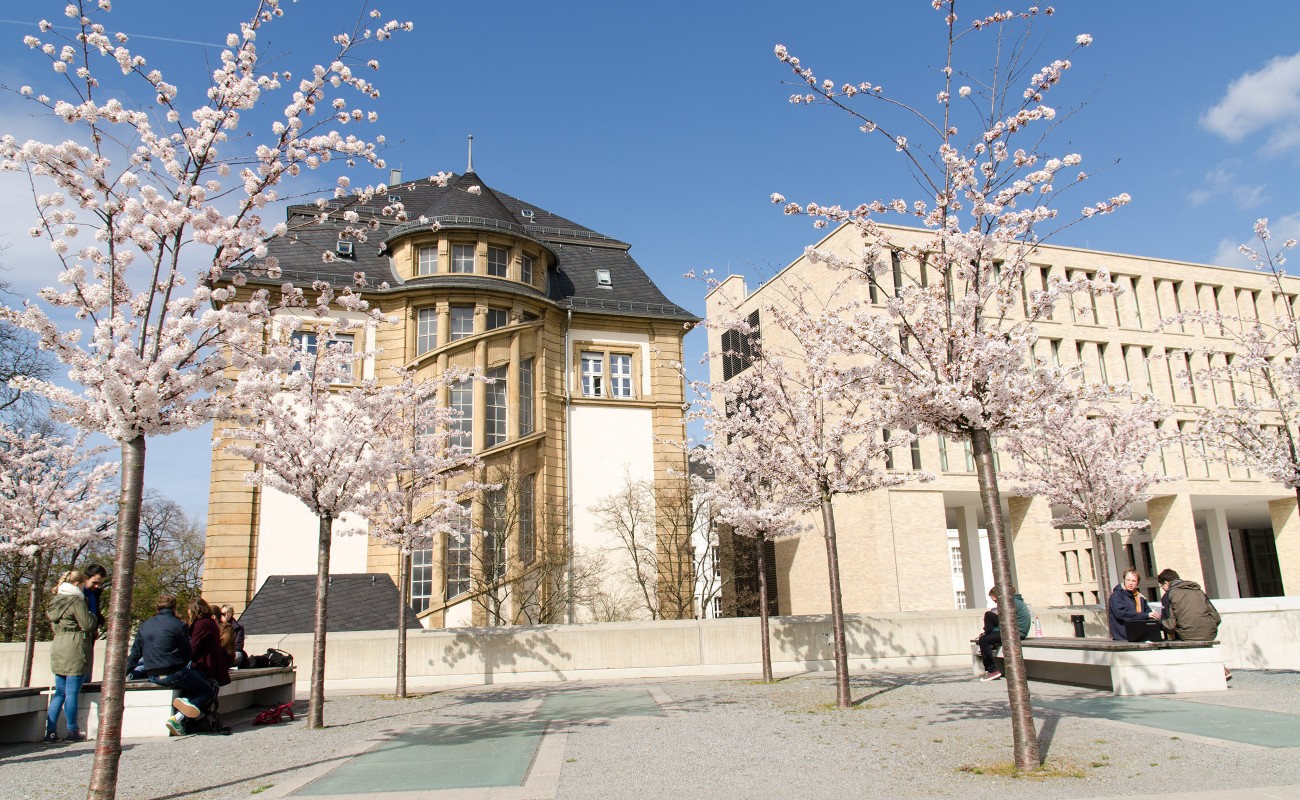Computational Cognitive Science
Dr. Charley Wu leads the "Human and Machine Cognition" lab, situated at the intersection of cognitive science, machine learning, and computational modelling. Employing rigorous theoretical frameworks and diverse computational methods—including Bayesian modelling, reinforcement learning, programme induction, and information theory—the lab investigates foundational aspects of human cognition, learning, decision-making, social interaction, and cultural evolution. Dr. Wu’s research is funded by Hessian AI, an ERC Starting Grant, and a LOEWE Start Professorship.
The cognitive scientist Dr. Charley Wu has been awarded a LOEWE start professorship at TU Darmstadt. His work focuses on the question of how artificial intelligence (AI) can use human learning strategies to become more flexible, efficient and social. Approximately two million euros of LOEWE funding will be provided for his research over a total of six years. The state is thus also supporting the full proposal of the research networks ‘The Adaptive Mind’ and ‘Resonable AI’ in the Excellence Strategy of the federal and state governments, in which TU Darmstadt is significantly involved.
Prof. Wu is also a member of the the Department of Computer Science where he holds a professorship by courtesy.
Wu's research combines human and artificial intelligence. He uses machine learning to understand human cognitive processes and, on this basis, to develop AI systems that are more efficient, robust and fair than current variants. His approach can promote learning in educational institutions and addresses key challenges of today's AI: high data and energy requirements, limited adaptability and limited social learning. Wu is researching how humans learn efficiently from little data and use social information to flexibly handle new situations – aspects that would be beneficial for AI development. His goal is a human-centred AI that uses the mechanisms of human cognition and can learn and innovate like humans.
‘Artificial intelligence is playing an increasingly important role in our everyday lives and is significantly simplifying many processes. However, there are also major concerns regarding its reliability. It is often not very adaptable and the associated data and energy consumption is immense,’ says Timon Gremmels, Hesse's Minister of Science. ’Dr Wu enriches research on artificial intelligence in Hesse as a whole and strengthens networking, not least between the clusters in the Excellence Competition.’
Find out more about the disparate research questions within Prof. Wu's research group
Motivating questions of Dr. Wu’s group include:
● What makes human intelligence unique?
● How do humans optimally use limited cognitive resources?
● Which algorithms underpin our distinct ability to learn socially and culturally?
Prof. Wu’s group strengthens and complements research at the Centre for Cognitive Science at TU Darmstadt and at hessian.AI, the Centre for Artificial Intelligence of Hesse based in Darmstadt. His group members are encouraged and expected to collaborate extensively with preeminent researchers in cognitive science, AI, neuroscience, and related fields in Germany and internationally.
Follow this link for the Centre for Cognitive Science at TU Darmstadt




